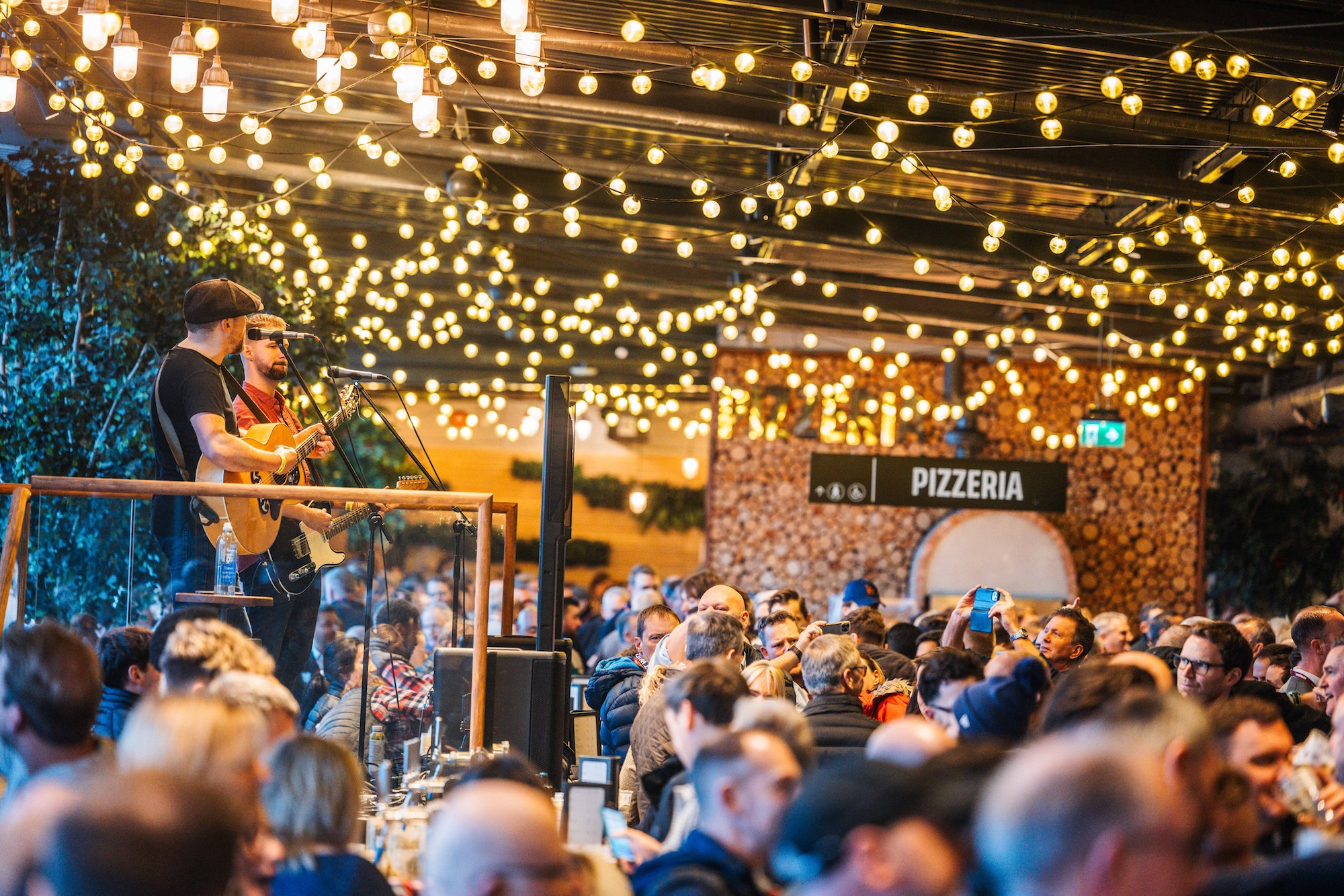As preserving their surroundings becomes a larger concern for many people, conference and events facilities are responding to the demand for eco-friendly venues, changing their practices to become more energy efficient, sustainable and environmentally conscious.
Katie Fewings, co-founder of Ethical Weddings magazine, asserts that events organisers can adopt many methods and processes to make their venues more appealing to couples, businesses and party planners with a green outlook.
Her recommendations to facility-owners on how they can make their suites more eco-friendly are aspects which those organising an event may want to consider and ask about when they are trying to choose a location.
"Reuse and recycle as much as possible. Wine and beer bottles are obvious contenders for recycling but check the packaging on other items before you buy to see whether it can be recycled and avoid excess packaging wherever you can," she advises.
With regard to catering, Ms Fewing suggests sourcing food locally, including offering regional specialities such as the area's traditional cheese or alcoholic drink.
"Couples will appreciate the unique edge this gives to their celebrations, she asserts.
"Opt for organic if you can and at least free range for meat and dairy. Choose Fairtrade for items from overseas, such as chocolate, tea and coffee," she continues, adding that venues should think about what they do with excess food, perhaps considering a distribution service for the homeless as a way of disposing with it.
Conference and banqueting hosts who want to be particularly green will use organic waste to create a compost heap in the grounds which can then in turn be used to grow vegetables on site. As Ms Fewing says: "That really is sourcing locally!"
Decorations are another way in which events organisers can lower their carbon footprint.
"If providing flowers, consider how to make the maximum impact with the minimum number of stems. For example, two gerberas in a long vase on each table could create a more sophisticated effect than a large bunch. Consider bulking out arrangements with greenery from your grounds, fruit and other reusable decorative items," Ms Fewing recommends.
"Try to use local, seasonal flowers or, if it is necessary to source from overseas, Fairtrade. Move floral arrangements from the ceremony room to the reception if catering for both," she continues.
Churches and venues often ask couples to use real petal confetti nowadays, she states, which is another simple way of protecting the environment.
With regard to getting to and from the wedding or conference, Ms Fewing suggests: "Offer clear guidance on the nearest public transport links to your venue and assistance with group travel arrangements."
Those who want every aspect of their wedding or conference to be as ecologically beneficial as possible are advised to check whether a venue has undergone an environmental audit, she adds, as this can confirm that a property is using as little energy and water as possible.
All these considerations are likely to raise the question, how much will an eco-friendly event cost?
Ms Fewing wishes to allay fears that being green also means breaking the bank: "While organic food generally comes at a premium (although the more people buy it, the cheaper it will become), most of the tips above will actually save you money: using fewer flowers, becoming energy-efficient, growing your own veg, reusing wherever possible, email over post. Planet-friendly can be wallet-friendly too!"






